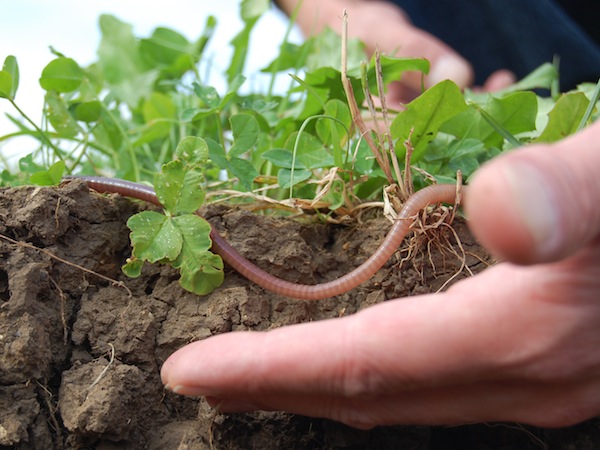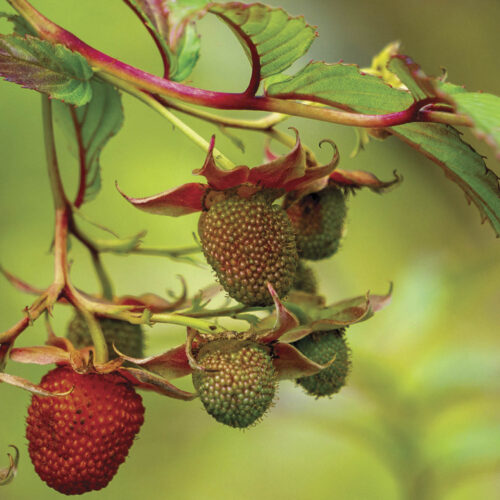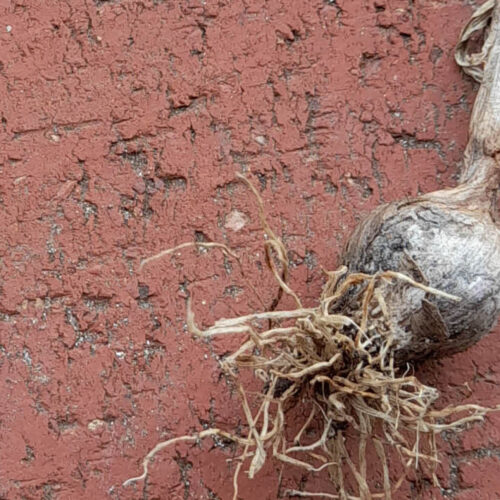Organic farming takes on climate change
2012-11-30T02:00:04+11:00
Organic methods and mixed farming practices sequester carbon in soil, SIMON WEBSTER reports.
The fight against climate change is going to have to take place on many fronts if we are to avoid a grim future. Agriculture can do its bit by following organic methods, which take carbon from the atmosphere and lock it up in the soil, research has found.
Soil organic carbon stocks were 3.5 times higher on organic farms than conventional farms, an international team led by researchers from the Switzerland-based Research Institute of Organic Agriculture (FiBL) discovered.
“The results over a long period of 14 years on average were consistent and significant,” said FiBL’s Andreas Gattinger. “Our findings show that organically managed soils accumulate soil organic matter, and by this bind carbon dioxide from the atmosphere.”
However, not all organic farms sequestered carbon. The best results came from properties that had on-farm sources of manure and used livestock and forage legumes in their crop rotations (similar conclusions have been drawn by the long-running Rodale Institute studies in the US).
Non-organic farms could also improve soil carbon levels by following these practices, the researchers said. (Though, of course, if it were to happen on a large scale, the industrial monoculture model would need something of an overhaul.)
Permaculture, of course, has long promoted mixed, or polycultural, farming. For a good example of a profitable, small-scale, polycultural farmer, have a look at Joel Salatin.
Photo: FiBL






